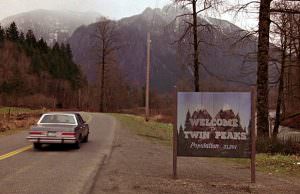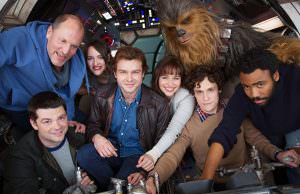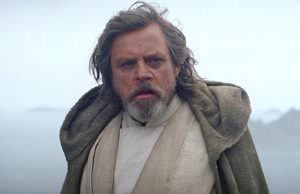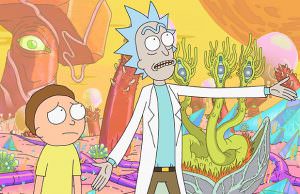Why ‘Blade Runner 2049’ Wasn’t A Box Office Success
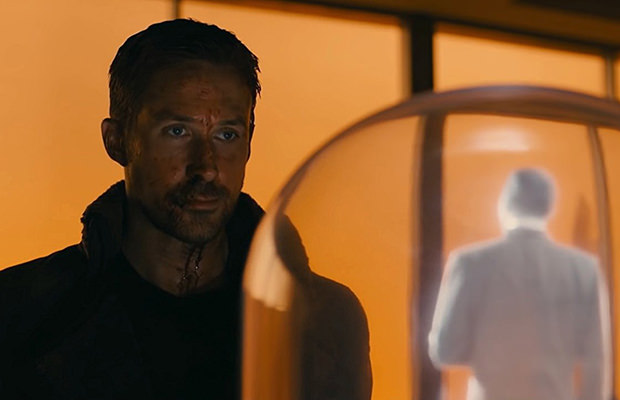
“I’ve seen things you people wouldn’t believe. Attack ships on fire off the shoulder of Orion. I watched C-beams glitter in the dark near the Tannhäuser Gate. All those moments will be lost in time, like tears in rain. Time to die.”
This masterpiece managed to cover multiple generations of sci-fi fans, and the news about its long-awaited(?) sequel shook the dystopian fandom quite hard. Some were thrilled, others not so much, but luckily “ Blade Runner 2049” turned out to be a worthy continuation to the 1982 classic.
But why isn’t it doing better at the box office?
Although “Blade Runner 2049” is well-acclaimed by the critics and most of hardcore fans loved the new installment, the movie is not living up to box office expectations, pretty much mirroring the footsteps of its predecessor which also wasn’t exactly triumphant at the runway. Much like truly good music, most audiences are oblivious to its quality, and therein lies the true value of genuine art.
Now, let’s delve a little bit deeper into why “Blade Runner 2049” is struggling at the box office.
(RELATED: Ryan Gosling On His “Blade Runner 2049” Character: ‘As Massive As The World Is’)
The Movie Is Not A Standard Blockbuster
Of course, blockbuster movies don’t need to be action-packed and high-paced to be good and successful. However, in the realm of modern, spoilt brat-like, Marvel-loving science fiction audiences, that does seem to be the case.
Albeit both Blade Runner installments do have action in them, that’s far less than what people crave, unfortunately. More importantly, action is not what Blade Runner is about. This ever-so-relevant dystopian story should be about asking important questions regarding our existence and the nature of humanity in general. And while that usually goes far with most film critics, it unfortunately doesn’t quite spell success at the box office.
It’s Not For Everyone
Denis Villeneuve‘s sequel is heavy on spellbinding visuals, music and the overall feel, but it also never neglects emotions and profound themes, providing worthy food for thought. Much like his previous movies (Enemy, Sicario, Arrival), Blade Runner 2049 too places the characters in unfamiliar spaces and contexts that are obviously not appealing to wider audiences.
Another huge issue is that many people didn’t even see the original movie, despite its cult classic reputation it has today. When I went to see it, one third of the movie theater was whispering, even full-fledged talking could be heard throughout the whole thing. This just goes to show that among the demographic that tends to go to the theater nowadays, many are not real fans of or even familiar with the Blade Runner lore.
It’s Slow-Paced And Long
The first thing I heard about the sequel was that the movie is long and pretty slow. It is almost 3 hours long and people usually don’t have enough patience to sit through a slow, philosophical sci-fi drama that lacks mind-blowing action and explosions, but doesn’t lack strong sequences that ponder themes of what it means to be alive, or even human. Boooooring. Right?









